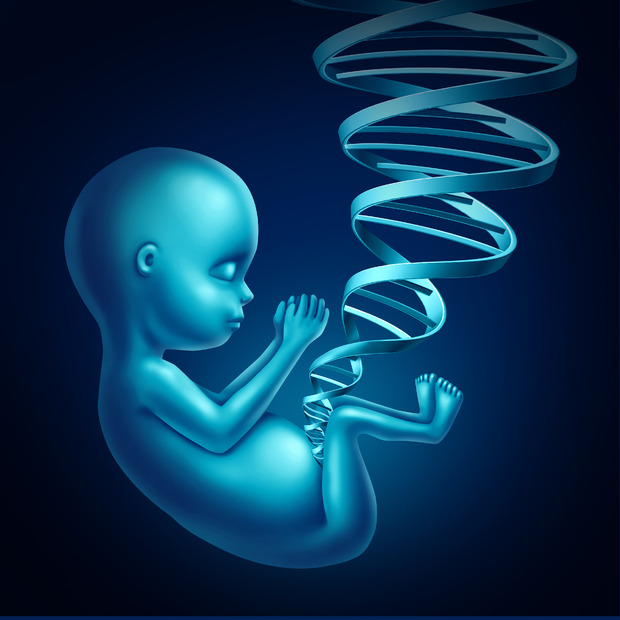
Given that many congenital disorders, including inborn errors of metabolism (IEM), respond well to targeted therapy, early diagnosis is critical. Programs for newborn screening successfully identify a portion of patients, allowing for prompt diagnosis and treatment. The laboratory diagnosis typically begins with broad screening tests to limit specialized metabolite and/or enzyme assays to identify the specific IEM in the absence of a family history and following clinical suspicion. Typically, pathogenic genetic variants can be identified, allowing for cascade testing of family members, confirming the biochemical diagnosis. It should come as no surprise that this diagnostic trajectory is far too frequently a drawn-out and time-consuming process, delaying diagnosis and, more importantly, therapeutic intervention for these uncommon conditions.
Related Tags: Human Genetics Conferences | Genetic Congress | Human Genetics Meetings | Embryology Research Summit | Prenatal Diagnosis Conferences | Human Genetics Conferences 2023 | Gene Therapy Gatherings | Genetic Conferences | Human Genetics Congress | Genetics Summit | Global Huamn Genetics Conferences | Paris Genetics Conferences | France Genetic Events | Inborn Diseases Meetings | Inborn Diseases Conferences | Congenital disorders Conferences
Related Associations: International Society for Prenatal Diagnosis | International Society of Nurses in Genetics | The French Society of Human Genetics | The Brazilian Society of Medical Genetics and Genomics | The American Society of Gene and Cell Therapy | International Society of Genetic Genealogy | International Society for Forensic Genetics | Japan Society of Human Genetics | International Society for Genetic Eye Diseases and Retinoblastoma | The European Molecular Biology Organization | The European Society for Immunodeficiencies | The European Cytogeneticists Association